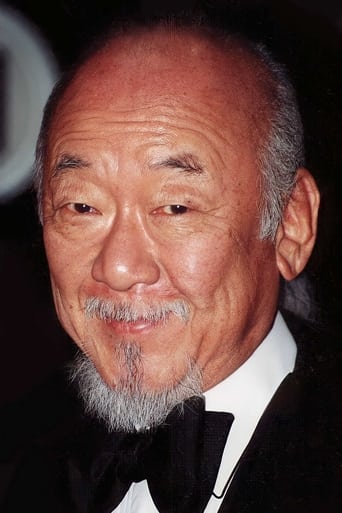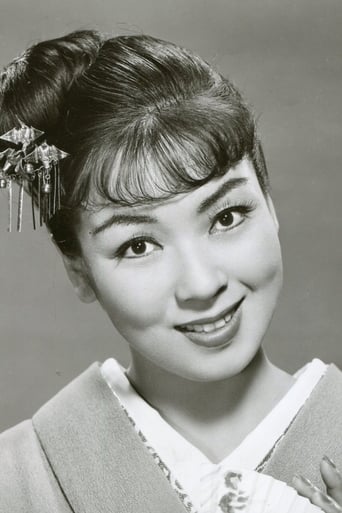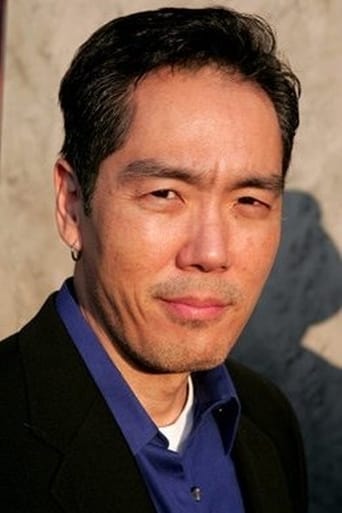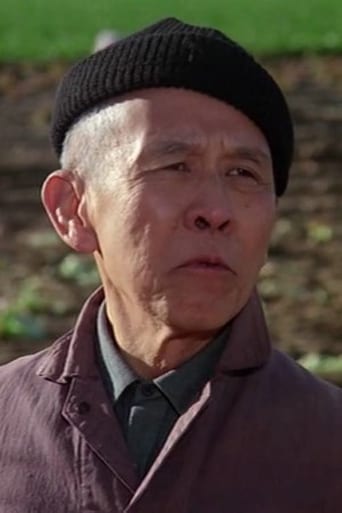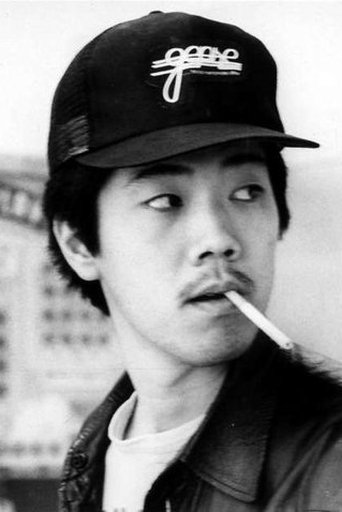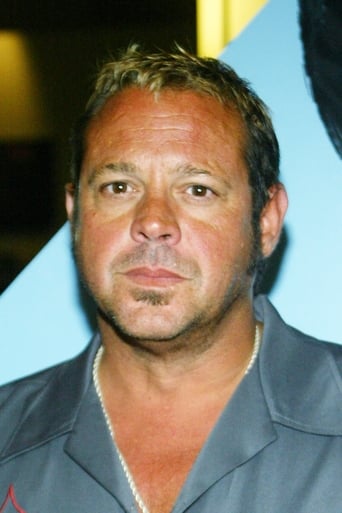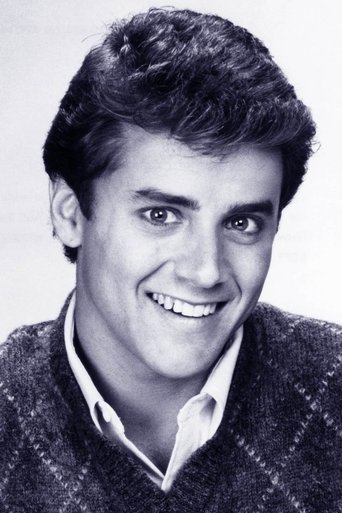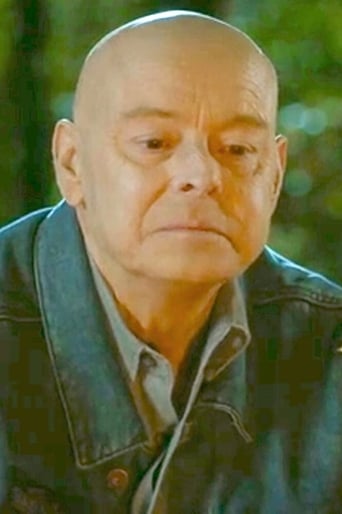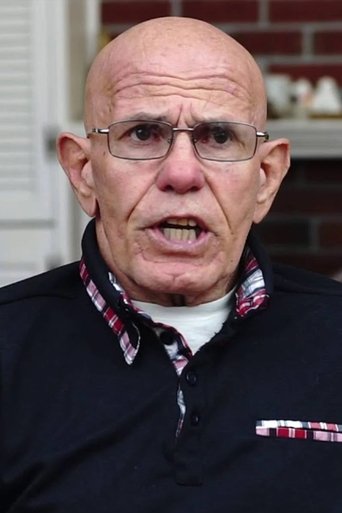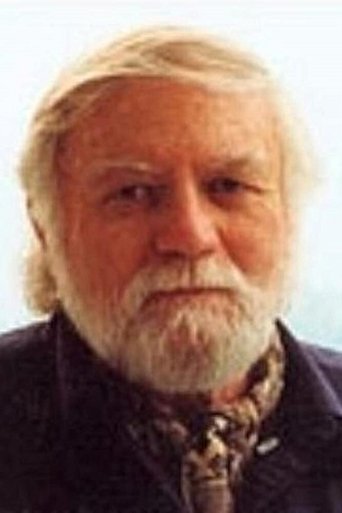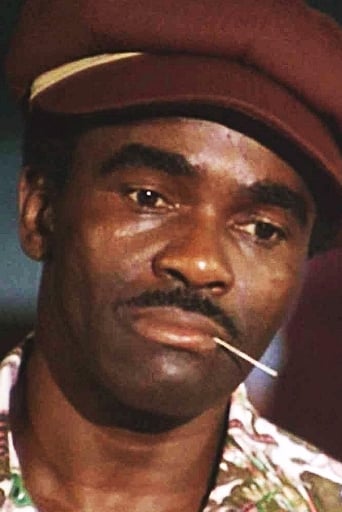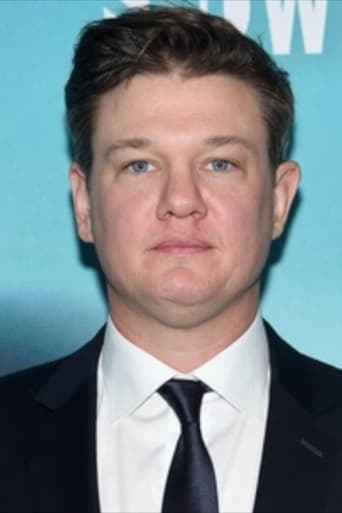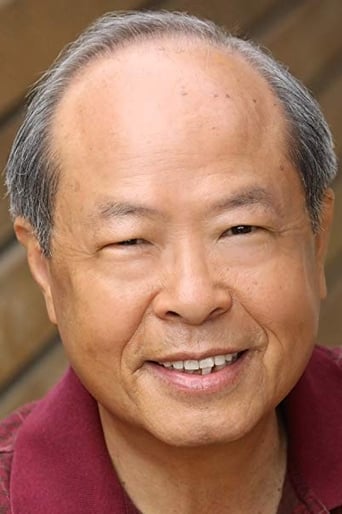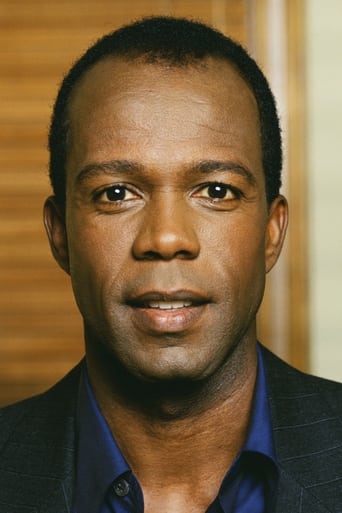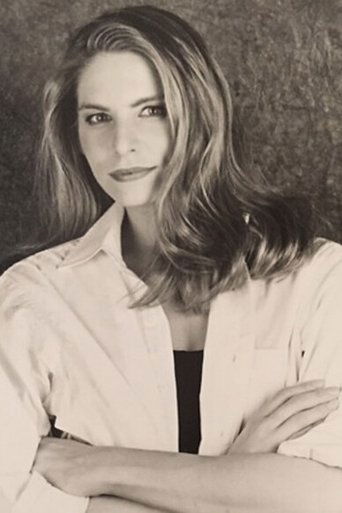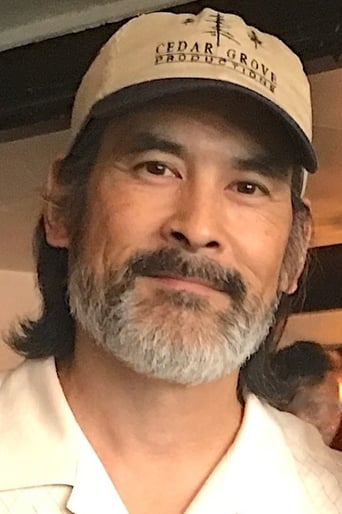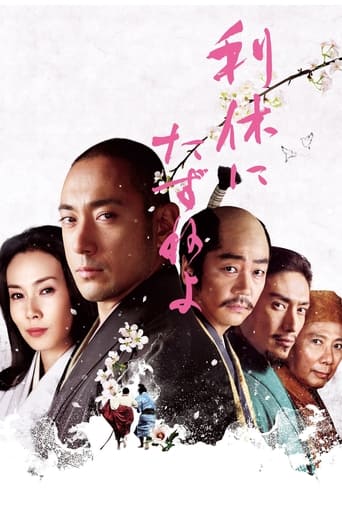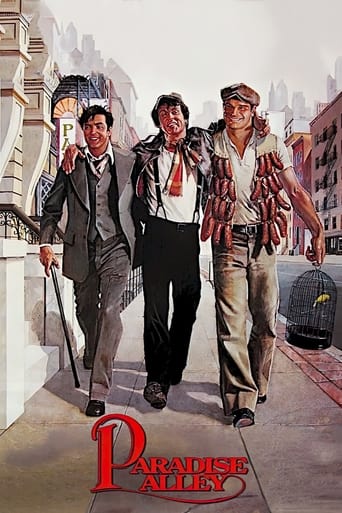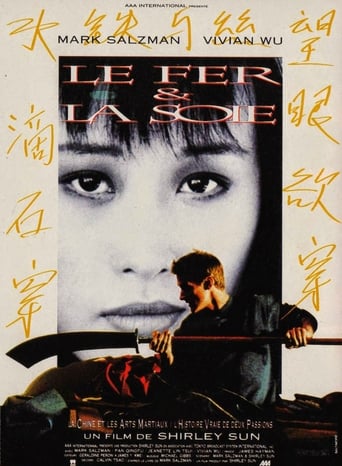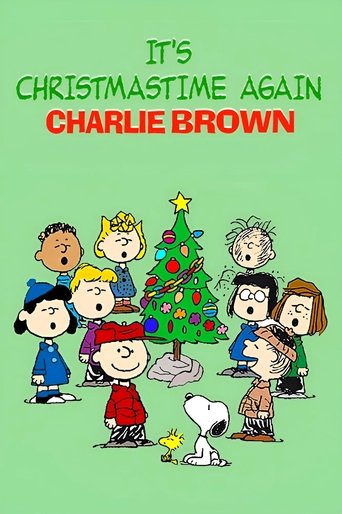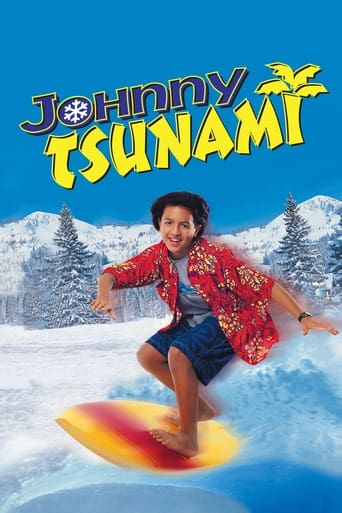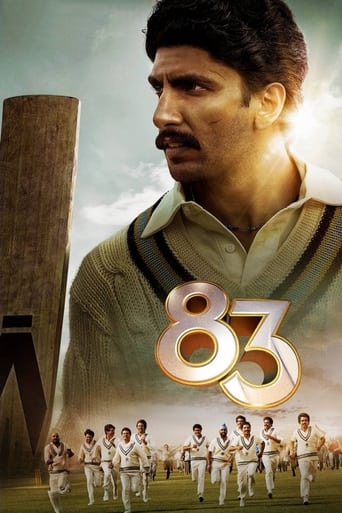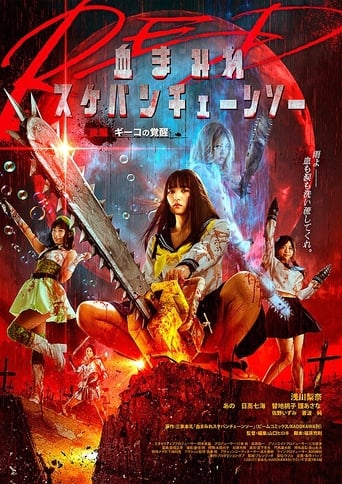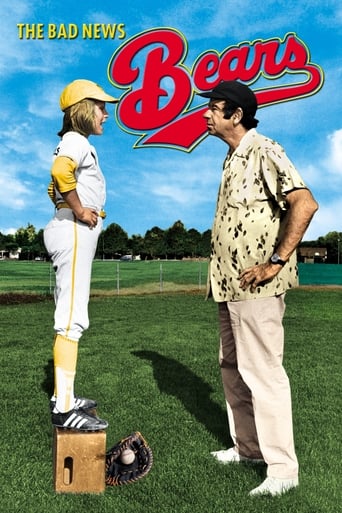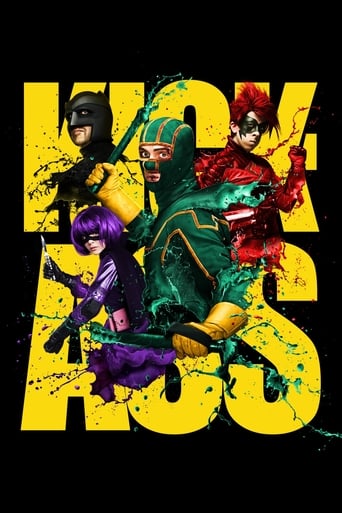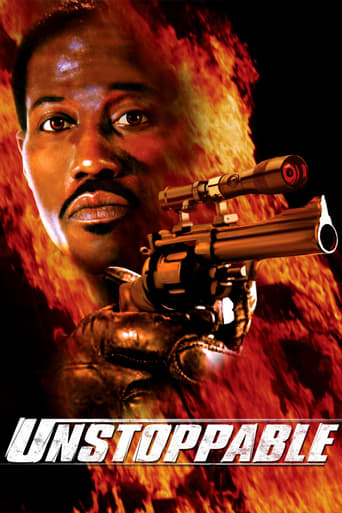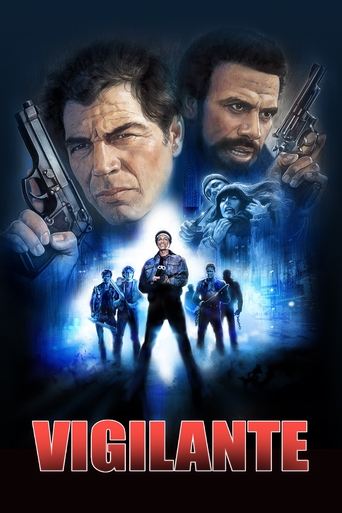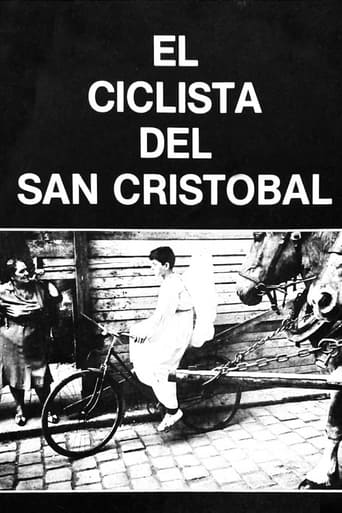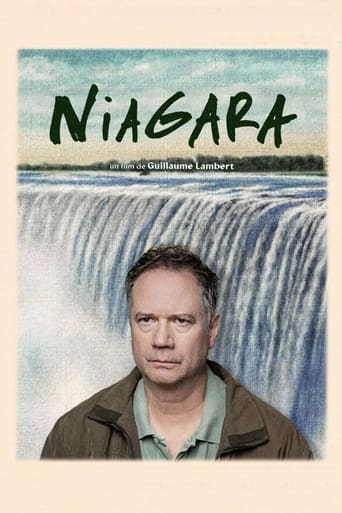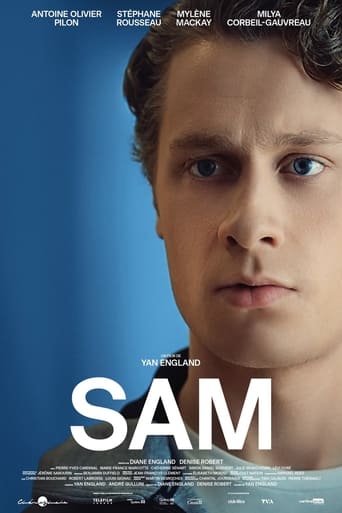
The Karate Kid Part II (1986)
Summoned by his dying father, Miyagi returns to his homeland of Okinawa, with Daniel, after a 40-year exile. There he must confront Yukie, the love of his youth, and Sato, his former best friend turned vengeful rival. Sato is bent on a fight to the death, even if it means the destruction of their village. Daniel finds his own love in Yukia's niece, Kumiko, and his own enemy in Sato's nephew, the vicious Chozen. Now, far away from the tournaments, cheering crowds and safety of home, Daniel will face his greatest challenge ever when the cost of honor is life itself.
- John G. Avildsen
- Clifford C. Coleman
- Dennis Maguire
- Christine Larson
- Marshall Schlom
- Robert Mark Kamen
- Robert Mark Kamen
- Peter Cetera
- David Foster
- Diane Nini
Rating: 6.3/10 by 2186 users
Alternative Title:
Karate Kid II: mästarprovet - SE
베스트키드 2 - KR
بچه کاراتهباز ۲ - IR
پسر کاراتهباز ۲ - IR
Karaté kid 2 - FR
Country:
United States of America
Language:
English
日本語
Runtime: 01 hour 53 minutes
Budget: $13,000,000
Revenue: $115,103,979
Plot Keyword: underdog, martial arts, japan, sports, death of father, okinawa, sequel, feud, revenge, teen movie, japanese woman, self esteem, mentor protégé relationship, japanese family, thoughtful, japanese girl, reflective, traditional culture, romantic rival, enemies to friends, japanese tradition, sentimental
A disappointment. I gained nothing from 'The Karate Kid Part II', it adds very little to the original. Pat Morita (Mr. Miyagi) is the only plus point for me, he especially has one great and emotional scene with his co-star. Otherwise, no-one else stands out - not even (the still solid) Ralph Macchio (Daniel). Up until the ending I was actually nonplussed about it, neither liking or disliking it, but the conclusion is so uninteresting and lame that I just couldn't wait for 'The End' to appear. I will say it isn't an excruciating watch or anything, but I just expected a great deal more from this sequel. It doesn't feel attached to the first film, which is obviously a negative. Other things that didn't help were the shoehorning out of Elisabeth Shue (Ali) & Randee Heller (Lucille) and the repetitive nature of the story; e.g. another love story that features a jock-like character, Daniel still getting battered and bruised for the majority. Hopefully the next two follow-ups are much better.
**A worthy continuation.** After the great success of the first film, it was quite predictable that another film would be made that would continue the story. This film picks up right where the first left off, and follows in the footsteps of Daniel and his master, Miyagi, on a journey to southern Japan, the latter's homeland, to see his dying father and settle a score with a man he swore to kill. Him if he ever set foot on Japanese soil again. As in the first film, we again have Ralph Macchio in the role of Daniel and Pat Morita as Master Miyagi. Both were very good and they give us again everything that we appreciated in the first film. The main difference in the work of both actors turns out to be the greater formal protagonism of the character of Morita, who is the great protagonist of this film: all the action, and the whole story, is centered on the figure of Miyagi, in the past and in the its peaceful stance in the face of a situation in which it is forced to fight. Of course, the film tries to give Macchio equal relevance by forcing an enmity between his character and another, created to be one of the film's antagonists, but the situation feels far too forced and contrived to really be an advantage to the story. Incidentally, even the romantic sub-plot between Daniel and Kumiko, a young Japanese woman played by Tamlyn Tomita, doesn't seem credible enough, despite the actress' good work. Danny Kamekona doesn't do a bad job, but he seems a little stereotypical, whereas Yuji Okumoto does nothing but be hateful. Technically, the film is quite correct and seeks to create a convincing Japanese environment, in which the houses, gardens, buildings and other elements really look like a rural area of Japan. Filmed in Hawaii for production convenience, the film really managed to recreate that environment well and give us a flavor of Japanese traditions through clothes, houses, sets and other details such as the tea ceremony and dance. The cinematography is quite pleasant and the soundtrack has some very good songs, one of which even deserved an Oscar nomination that year.


